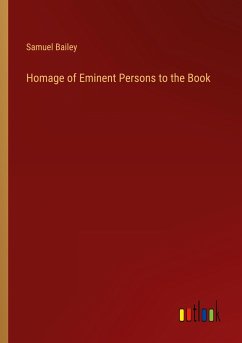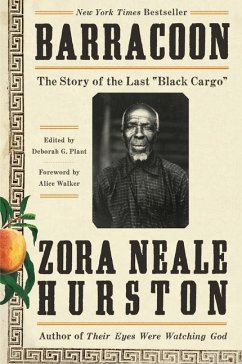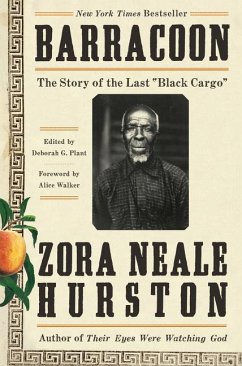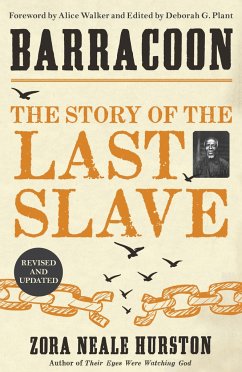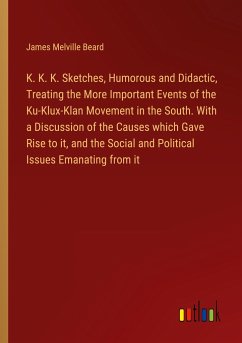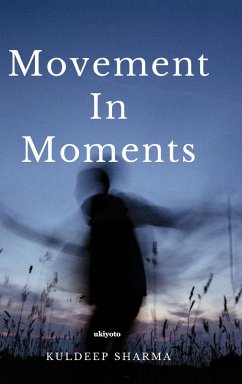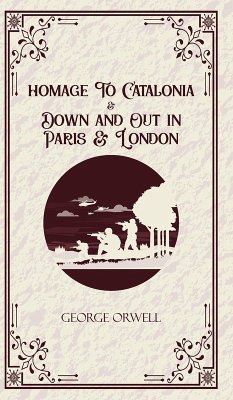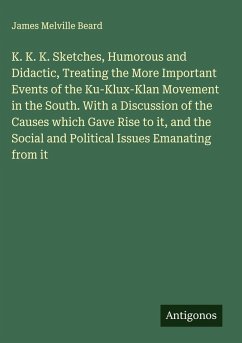
Homage to the Black Arts Movement
A Handbook

PAYBACK Punkte
5 °P sammeln!
Homage to the Black Arts Movement: a handbook [EquiDistance Press, 2018] pays tribute to the father of that historic literary protest movement, Amiri Baraka (1934-2014), through the writing of Judy Juanita, who encountered him and emulated his work and activism when she was a twenty-year-old student at San Francisco State. This handbook joins four literary genres which scrutinize the seminal Black Arts Movement [BAM] of the 1960s and 70s, a new voice and visibility for poets, writers, intellectuals, performing and visual artists. She participated as it created venues, publications, productions...
Homage to the Black Arts Movement: a handbook [EquiDistance Press, 2018] pays tribute to the father of that historic literary protest movement, Amiri Baraka (1934-2014), through the writing of Judy Juanita, who encountered him and emulated his work and activism when she was a twenty-year-old student at San Francisco State. This handbook joins four literary genres which scrutinize the seminal Black Arts Movement [BAM] of the 1960s and 70s, a new voice and visibility for poets, writers, intellectuals, performing and visual artists. She participated as it created venues, publications, productions, opened doors to academia, one of which she went through at SFSU, becoming the youngest member of the nation's first black studies department. Her semi-autobiographical novel, Virgin Soul [Viking, 2013, hb; EquiDistance Press, 2017, pb], follows a young black student in the 1960s who joins the Black Panther Party. Excerpted here from Virgin Soul, "The Black House" follows this young woman as she discovers an exciting new tradition. In the 60 minute play/film script, "Life is a Carousel," a black academic, Layla, on her way to a Black studies conference in the 2000s, meets the forgotten founder of Black Studies, Diahlo Green. They spar with airport reservation agents about his fare and meet at the convention where blatant disregard for him continues by a whole new generation. At issue is the relevancy of the Academy, Black Studies and the struggle. At each step of the way, the new, including LGBT professors, crushes the old. The essay, "Five Comrades in The Black Panther Party, 1967--1970," looks back at Juanita's youthful participation in this most influential black revolutionary organization of the late 1960s and 1970s. The second essay, "Meeting LeRoi Jones," is the first encounter of student and mentor. The poetry selection, "(not) forgotten man," is a sonnet about a seminal figure, Amiri Baraka, of the BAM. Juanita is making her work available in a series of handbooks, following in the spirit of the late graphic artist and sculptor Rini Templeton who left a body of (20,000+) artwork for activists, filmmakers, students and teachers.




